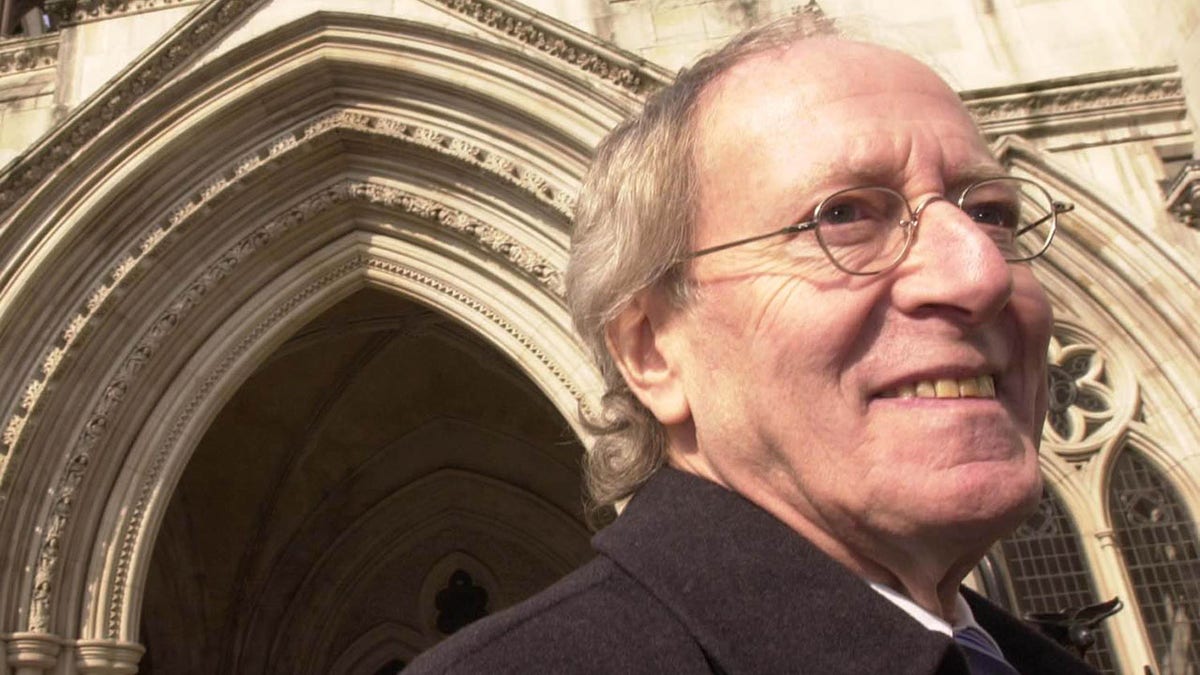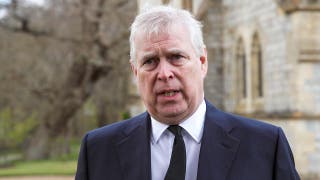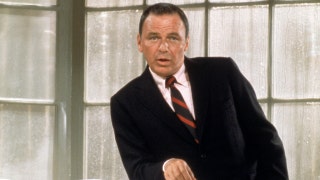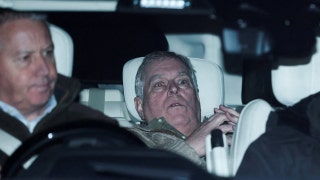Fox News Flash top entertainment headlines 7/11
Fox News Flash top entertainment and celebrity headlines are here. Check out what clicked this week in entertainment.
Monty Norman, the British composer behind the iconic James Bond theme, has died. He was 94.
On Monday, a statement was posted on Norman’s official website that read: "It is with sadness we share the news that Monty Norman died on 11th July 2022 after a short illness."
Norman famously composed the score for "Dr. No," the 1962 Bond film that starred Sean Connery. His theme for James Bond, which was arranged by fellow Englishman John Barry, would go on to become the tune used in the entire 007 franchise.

Sean Connery and Ursula Andress in a scene from "Dr. No." (United Artist/Getty Images)
Norman was born Monty Noserovitch to Jewish parents in the East End of London in 1928. Obtaining his first guitar at age 16, Norman went on to perform with big bands and in a variety double act with comedian Benny Hill. He later wrote songs for British rockers Cliff Richard and Tommy Steele, as well as composed for stage musicals, including "Make Me an Offer," "Expresso Bongo," "Songbook" and "Poppy."
Norman was hired by producer Albert "Cubby" Broccoli to compose a theme for the first James Bond film, "Dr. No."
He drew on a piece he had written for a proposed musical adaptation of V.S. Naipaul’s "A House for Mr. Biswas," shifting the key riff from sitar to electric guitar. The result – twangy, propulsive, menacing – has been used in all 25 Bond thrillers.
CLICK HERE TO SIGN UP FOR THE ENTERTAINMENT NEWSLETTER

English actress and singer Diana Coupland with singer and composer Monty Norman in London, after the couple announced their engagement, circa 1955. (Topical Press Agency/Hulton Archive/Getty Images)
Producers hired Barry to rearrange the theme, and Barry was widely assumed to have written it – to Norman’s chagrin. Barry, who died in 2011 at age 77, went on to compose scores for almost a dozen Bond films, including "Goldfinger" and "You Only Live Twice."
Norman went to court to assert his authorship, suing The Sunday Times newspaper for libel over a 1997 article asserting the theme was composed by Barry. He won in 2001 and was awarded 30,000 pounds ($35,718) in damages.
Before his death, Norman reflected on the theme's lasting success.

Composer John Barry outside the High Court. (Stefan Rousseau - PA Images/PA Images via Getty Images)
"Well, I hope when the time comes people will remember that I’ve done quite a few things, but the fact that James Bond is so iconic in everybody’s mind – you can’t argue with that and nor would I want to," he said.
The Associated Press contributed to this report.














































